COT scores with the unsettling, darkly brilliant “Elizabeth Cree”
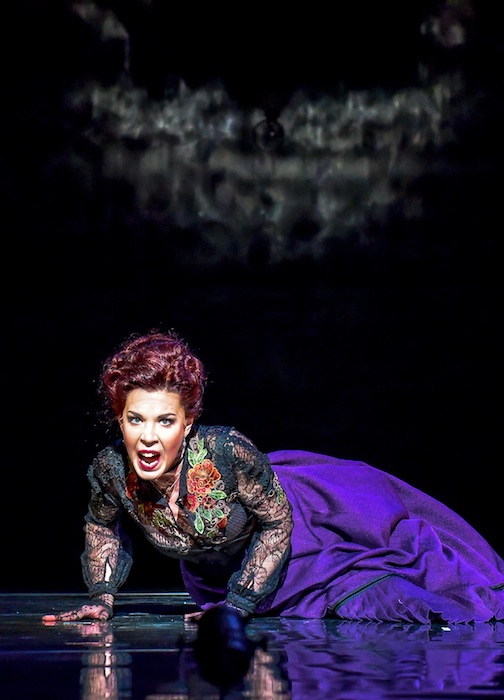
If asked where all the great opera composers are today, one can now point without hesitation to Kevin Puts. The American composer’s Silent Night with librettist Mark Campbell won the 2012 Pulitzer Prize and has received numerous repeat performances (though, unsurprisingly, not yet in Chicago). And now Puts and Campbell’s new opera Elizabeth Cree has come to Chicago Opera Theater Saturday night, just months after its world premiere at Opera Philadelphia.
The opera is based upon the novel, The Trial of Elizabeth Cree by Peter Ackroyd. Set in 1880s London, the scenario tells of how the orphaned Elizabeth is taken in by the comedian Dan Leno and other music hall “theatricals,” and charts her rise to success as an English stage celebrity, and her marriage to the wealthy critic and literary dabbler John Cree. Those scenes are set against her husband’s gleeful diary recollections of his committing several bloody, Jack the Ripper-like murders. (What a coup for the opera’s creators to make a newspaper critic into a serial killer.) The couple’s dueling narratives are interpolated amid real-life personages of the era, such as Leno the music hall star, Karl Marx and novelist George Gissing.
I haven’t heard Puts’ Silent Night or much of his music. But his score for Elizabeth Cree is skillfully crafted, colorful and often dazzling. He effectively conveys the opera’s kaleidoscopic activity from stage to back street and courtroom. All is painted and scored with facility and panache—from simple ditties for the music hall that sound like the real thing, to the explosive orchestral outbursts that accompany the murders, and the ominous low wind and string passages for Cree’s homicidal musings. Yet amid the mostly grim action, there is even a soaring aria and duet for John and Elizabeth, which gives some idea of what Puts can accomplish in a less relentlessly downbeat narrative.
Librettist Campbell provides his usual fine work, with an artful distillation of the huge panoply of Ackroyd’s characters into a 105-minute canvas without losing anything essential.
Puts’ music is terrific, the cast is faultless and COT’s production a roaring success.
And yet Elizabeth Cree is ultimately something less than the sum of its parts, and one can’t help walking out of the Studebaker Theater feeling rather depressed. Despite its artistic achievement there is a kind of soulless quality to the enterprise. The alternation of postmodern cynicism and black humor with the extraordinary violence–including unsparing details of the mutilations of the victims’ bodies—at times borders on nihilism. Except perhaps for Dan Leno, there is no redeemable character in the entire opera and precious little humanity (though one can make the point that Elizabeth Cree is, in that way, a faithful representation of the bleak Ackroyd novel).
Katherine Pracht makes an impressive COT debut as Elizabeth. A striking stage presence, one can see how Elizabeth easily parlays herself into a successful stage career and advantageous marriage to a wealthy man. Pracht possesses a flexible mezzo instrument and was vocally solid throughout apart from some stridency in her upper range. Dramatically she handled the various sides of the enigmatic title anti-heroine, conveying her youthful innocence, awkward stage debut and later her steely self-possession, aloofness and villainy.
Christopher Burchett was ideally cast as John Cree. The tall, thin baritone made an aptly sinister presence and was fully believable as a creepy villain who delights in planning his murders and mutilating his victims. Yet Burchett also brought ardent vocalism to his aria (“I can promise you”) in which John proposes to Elizabeth.
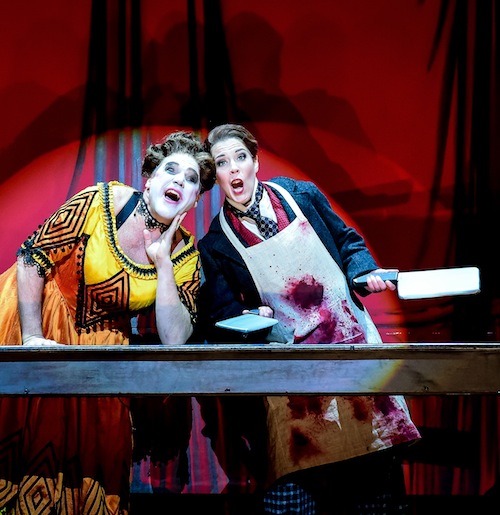
No film survives of the rubber-faced Dan Leno, though there are several extant audio recordings of the stage star doing his songs and comedy routines.
Richard Troxell gave a stunning performance as the music hall great, bringing Leno to vividly characterized life. Whether singing a music-hall ditty in drag or empathizing with the young Elizabeth, Troxell completely embodied the character of the theatrical ham with a heart of gold. Troxell also sang superbly throughout, bringing a touching expression to his melancholy aria “O woeful world.”
As Aveline, the troupe’s “Wide-Eyed Warbler,” Stacey Tappan unleashed gleaming top notes as the songbird who later enters Elizabeth’s household as a domestic servant (and sexual surrogate for the frigid Elizabeth).
Painted with incisive brush strokes, the other members of the theatrical troupe were superb, including David Govertsen as Uncle, Jason Ferrante as Little Victor, and Quinn Middleman as Doris. Levi Hernandez etched a nice portrait of the media-minded Kildare, the inspector investigating the murders.
The rest of the large ensemble (Bill McMurray, Zacharias Niedzwiecki, Emma Ritter, Vince Wallace, Samuel Weiser and Jonathan Weyant) were equally inspired, many showing impressive versatility in taking on multiple roles.
I filleted director David Schweizer for his wildly revisionist take on Verdi’s Joan of Arc for COT in 2013. But Schweizer’s staging of Elizabeth Cree–a coproduction with Opera Philadelphia–is absolutely brilliant across the board. He completely captures the colorful band of motley music hall performers that provide a family of sorts for the orphaned young Elizabeth. Setting the grisly murders and mutilations in shadowy silhouetted projections avoids excessive gore while still conveying the violence in chilling detail. And Schweizer handled the practical challenges of a one-act opera with 29 brief scenes masterfully, keeping the quick-paced action moving while providing visual interest throughout.
David Zinn’s functional sets made much out of little and his handsome period costumes added to the visual effect, not least his riotously colorful getups for the music hall actors.
Conductor Geoffrey McDonald’s musical direction was equally assured, bringing out the varied colors and restless energy of Puts’ score, and keeping keen momentum in the continuous action (sans intermission).
Elizabeth Cree may be as unsettling for audience members as it is musically successful. Yet COT’s production is an undeniably audacious and brilliant theatrical experience. And Richard Troxell’s Dan Leno is worth the price of admission alone, one of the finest performances you’ll ever see on an opera stage.
Elizabeth Cree will be repeated 7:30 p.m. February 16 and 3 p.m. February 18 at the Studebaker Theater. chicagooperatheater.org
Posted in Performances
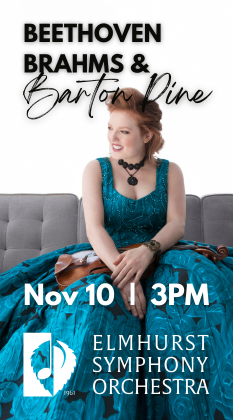
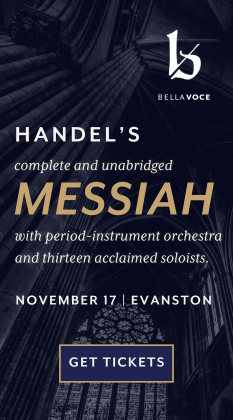
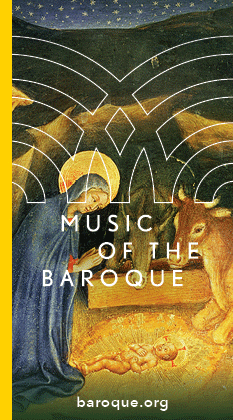
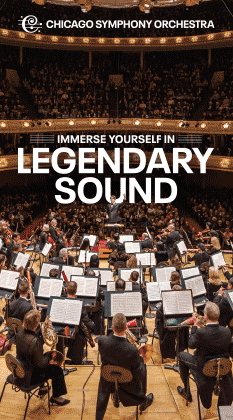

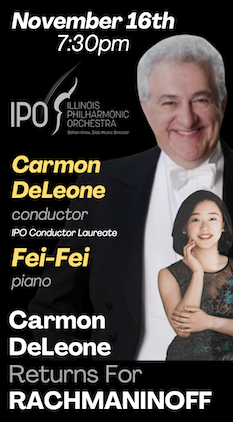

Posted Feb 13, 2018 at 11:15 am by Richard Boyum
I want to second what Critic Johnson has written…though with murder afoot, it might be best to steer clear of him and his fellow critics for awhile.
Katherine Pracht has had a full and generous career in our neighboring Milwaukee. Most of her performances there have been at the Milwaukee Skylight Theater in a great variety of roles. The performances were given when Skylight was in one of its periodic blooms and travel to hear and see things at Skylight was mandatory for this Chicago opera fan. There is a recent leading role for Pracht in the Milwaukee Florentine revival of “Elmer Gantry” that was terrific.
Pracht is such a good singing actress in Elizabeth Cree. Of course playing a role such as Elizabeth is delicious for any performer and Pracht chills us. I think most audience members secretly felt they would not last ten minutes with that woman.
Richard Troxell as Dan Leno inhabits the stage in a way that made me think of continuing characters in theater drama. A character who is essential to the plot and even more so gives a continuity, a rope of fate, to the show. He even shows up in the library near the end quietly reading something funny and sharing the humor with the librarian. Dan Leno is in the UK title of Peter Ackroyd’s novel and I think I must read the book to see how he views Leno.
The music hall song by Troxell as Bluebeard’s housekeeper is one of the funniest things I have heard on an opera stage.
This is terrific music by Kevin Puts with a taut libretto by Mark Campbell. I have waited for “Silent Night” in Chicago and have by circumstances missed at least three productions I wanted to travel to see.